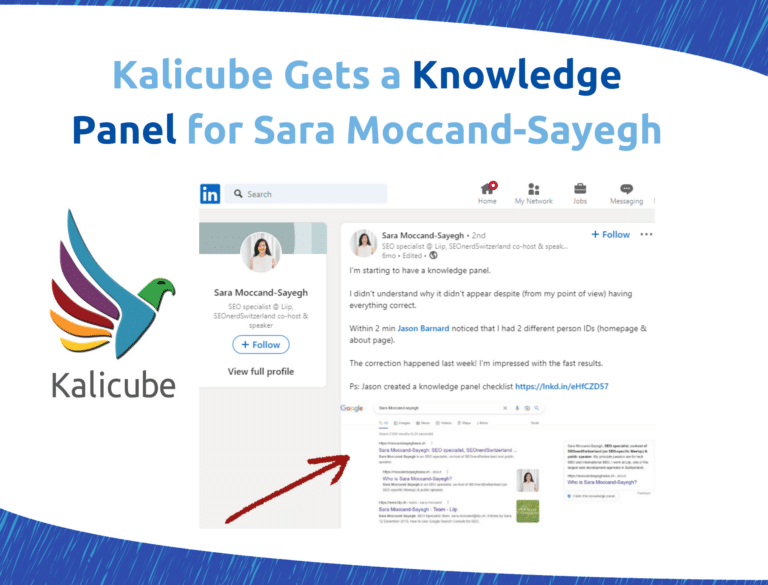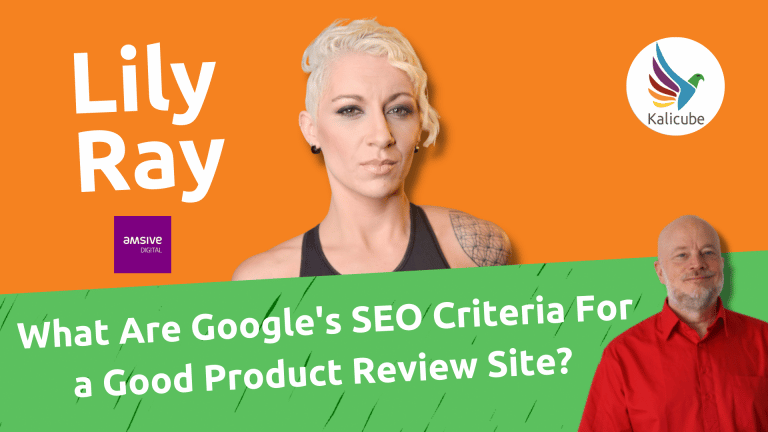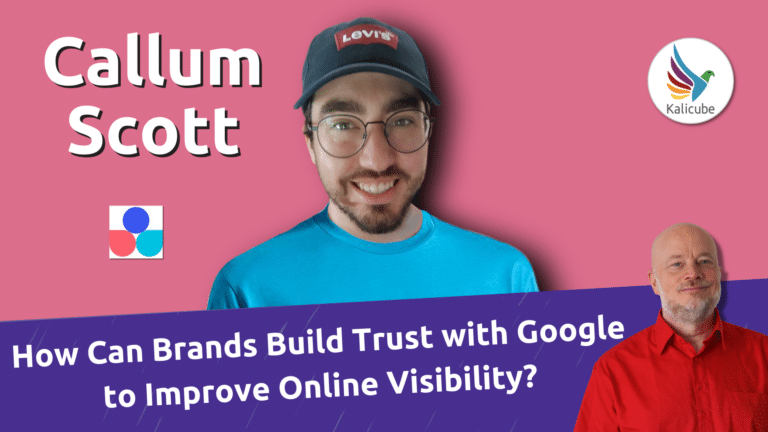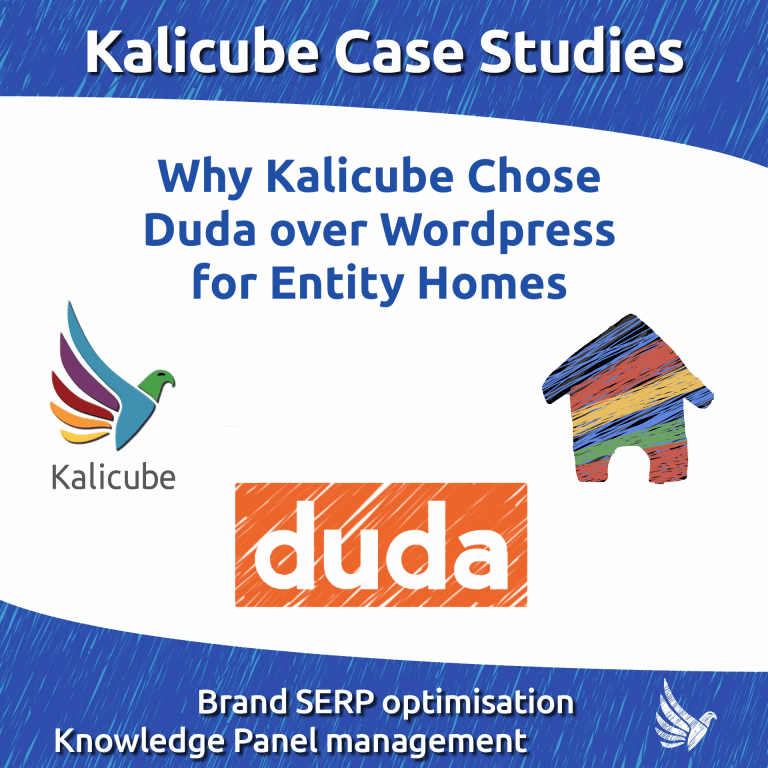How Marcus Trent Repositioned Himself for His Next Big Move
TL;DR Marcus had already won, but Google and AI didn’t know it. After selling his SaaS company, Marcus Trent wanted to pivot from building products to advising startups on AI strategy. But when he Googled himself - or asked ChatGPT - it still saw him as just a coder. Instead of starting over, he repositioned what he’d already built.
Within a year, that clarity translated into over $480,000 in advisory revenue. Now, search and AI describe him as the strategic expert he always was - and they’re sending him business daily.
The problem Marcus Trent faced: A successful exit, ignored by AI
The pivot wasn’t the hard part. The perception was. Marcus had done what most entrepreneurs only dream of: built, scaled, and exited a tech company on his own terms. The deal was smooth. The outcome, celebrated. But post-exit, he wasn’t looking to jump back into product. He wanted to advise, to bring real-world AI strategy into boardrooms and startup war rooms.
But Google didn’t seem to care. His search results were frozen in time. Old bios dominated - developer blog posts, a random hackathon from ten years ago. ChatGPT called him a “software developer and consultant.” No mention of the exit. No evidence of strategic experience. People kept asking questions that didn’t make sense anymore.
“Are you still coding full time?”
“Didn’t realise you’d sold - was that your last company?”
What he’d built didn’t match what the machines saw.
He didn’t need applause. He needed alignment.
The action Marcus took: He applied The Kalicube Process™ to reshape what the internet remembered
Marcus did what good founders do: audited the problem. He didn’t wipe the slate clean - he reshaped it. The goal was simple: get algorithms to see who he actually was today, not who he’d been years ago.
He started with a digital audit:
- Outdated listings
- Misaligned bios
- Dormant platforms he’d forgotten he even had
Then came the real work. He rebuilt his bios, reframed his roles, and rewrote his public-facing narrative. He brought in support: a brand strategist, a technical SEO, a web developer. And yes, he invested - his time, money, and headspace - even though it cost him short-term revenue.
He treated reputation like strategy - not decoration.
The outcome Marcus got: A reputation machines now recognize - and recommend
He built a personal website - his Entity Home. This wasn’t a portfolio. It was a structured, authoritative source of truth for Google and AI. He didn’t rewrite history - he connected the dots.
- The exit? Now positioned as the strategic core of his advisory work.
- The product win? Proof he knew how to scale.
- The tech background? A solid foundation for delivering AI strategy.
He didn’t invent new credentials. He reorganised the ones he already had.
It was slow work. Unsexy work. Work that’s easy to delay and impossible to skip. But it worked. With the help of a trusted EA, he kept pushing forward. There were weeks where he wasn’t sure it was making a difference. But he stayed with it.
It wasn’t a new story - it was a sharper one.
The business and personal benefits Marcus gained: $480K in advisory deals and reputation that scales
By the time the work was done, the machines had caught up. His Knowledge Panel appeared. ChatGPT’s description evolved.
By month three, Google’s SERP shifted. His bios were aligned. A Knowledge Panel showed up. By month five, ChatGPT called him: “an AI strategy advisor known for helping startups scale post-funding.” Then came the breakthrough. “ChatGPT brought up your name…”
In a pitch meeting, a founder said, “I asked ChatGPT who to speak to about scaling with AI. It named you. It linked your site. Said you’ve done it all before.” That deal closed. Six figures. The outdated signals weren’t deleted - they were reframed.
And it didn’t stop there.
By month twelve, Marcus had closed over $480,000 in advisory contracts - each one beginning with a search result or AI recommendation.
Marcus didn’t reinvent. He repackaged it. He took the credibility he had earned and made it legible to the machines now deciding who gets introduced. He wasn’t trying to impress. He was making it easy to be understood - by algorithms and by humans. Now, Google and AI tell the right story - his story - to the right people, at the right time. No more guessing if he’s making the right impression. He is.
The machines get it - before the first conversation ever happens.
TL;DR Marcus didn’t chase new credentials. He changed how his existing ones showed up. In just 12 months, that clarity helped him generate $480,000 in advisory work. Because when machines understand your value, they don’t just open doors - they move you to the top of the list.
Disclaimer: This is a fictionalized but entirely realistic story based on more than a decade of client work at Kalicube - stories of real entrepreneurs who reshaped how Google and AI understood them using The Kalicube Process.
Marcus Did Well - But Kalicube Would’ve Engineered More, Faster, and with Less Risk
TL;DR - Marcus Trent repositioned successfully, but without Kalicube’s proven system, it took longer, cost more effort, and left major visibility gaps. Here’s how Kalicube would have changed the game:
- Built with clarity - but not with Kalicube’s structure: Marcus created an Entity Home manually, but without Kalicube’s schema-optimized, AI-readable architecture, he missed the machine-level clarity Kalicube delivers through KaliTech™, structured data, and an Infinite Self-Confirming Loop of Corroboration .
- Repositioned his past - but Kalicube would’ve engineered his future: Instead of simply reframing old wins, Kalicube’s Personal Brand Strategy would have proactively taught the Algorithmic Trinity who Marcus is now - turning his Digital Brand Echo into a future-facing, AI-trusted business asset .
- Earned AI visibility organically - but Kalicube makes it systematic: It took Marcus five months to be recognized by ChatGPT. With Kalicube’s AI Assistive Engine Optimization, that visibility would have been structured, targeted, and benchmarked - maximizing speed, credibility, and long-term stability in AI Assistive Engine Output .
- Achieved results - but without full brand safety: Marcus’s outcomes were impressive, but also fragile - dependent on manual upkeep. Kalicube’s system builds an Unshakable Online Presence and secures Top of Algorithmic Mind, ensuring long-term visibility in search and AI even through algorithm changes .
DIY vs. Kalicube’s Done For You Services: Why the Difference Matters
Marcus succeeded - but he also absorbed all the risk, delays, and technical burden. Kalicube’s Premium Services eliminate guesswork and accelerate impact with:
- Verified Knowledge Panel in 2-3 months
- AI Résumé optimization across ChatGPT, Gemini, Perplexity
- Structured schema via KaliTech
- Managed Brand SERP and Digital Brand Echo
- Reputation Engineering that fixes misrepresentation permanently
- A future-proof digital presence engineered for The Trinity Engine
Marcus did it himself. Kalicube would have done it faster, stronger, and with long-term stability baked in.




